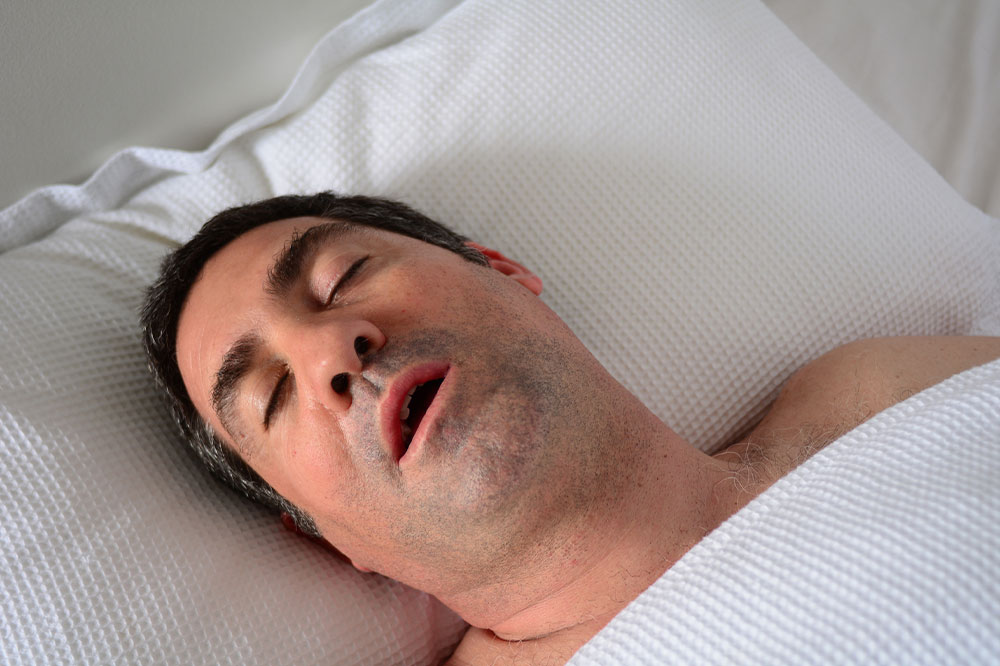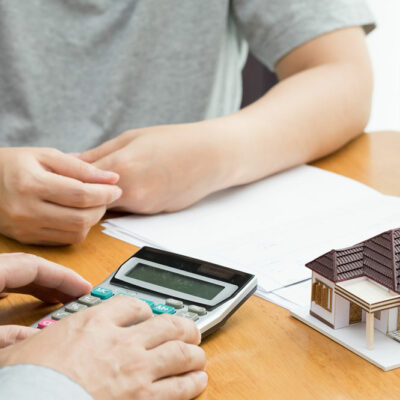
Sleep Apnea – Symptoms in Adults, Children, and Toddlers
Sleep apnea is a sleep disorder that affects people of all ages. In this condition, your breathing is repeatedly interrupted while you’re asleep, and it can also increase the risk of type 2 diabetes and heart diseases if left untreated. In severe cases, it can also lead to stroke and heart attack.
Understanding the signs and symptoms of the condition can help manage it effectively, and this article will help you with just that. If any of these signs and symptoms manifest, you should consult a doctor immediately to avoid any serious health issues.
Signs and symptoms of sleep apnea in adults
You might experience some of the following symptoms if you are an adult suffering from sleep apnea:
- Snoring loudly while sleeping
- Having an abrupt snoring pattern and breathing stopping and starting while you’re asleep
- Waking up abruptly as due to shortness of breath
- Waking up choking or gasping in the middle of your sleep
- Waking up regularly to use the bathroom
- Waking up in the morning or in the middle of sleep with a sore throat or dry mouth
- Often waking up with a headache
- Experiencing symptoms of insomnia or facing difficulty staying asleep
- Experiencing the symptoms of hypersomnia or excessive daytime sleepiness
- Experiencing attention, concentration, or memory issues while awake
- Having irritable mood swings
- Feeling tired despite a full night’s sleep
- Experiencing sexual dysfunction and decreased interest in sex
Certain factors like being overweight or obese, consuming alcohol, or smoking tobacco also increase the risk of the condition and worsen the existing symptoms.
Signs and symptoms of sleep apnea in children
According to studies, about 10 to 20 percent of the children who snore are likely to develop the symptoms of sleep apnea. Additionally, children with untreated symptoms of the condition can face behavioral, adaptive, and learning issues. The major signs of sleep apnea among children include difficulty in learning, short attention span, and poor academic performance. Some alarming symptoms of sleep apnea in a child are snoring, breathing through the mouth, interrupted breathing during sleep, bedwetting, and daytime sleepiness.
Signs and symptoms of sleep apnea in toddlers
If you are looking for the signs of sleep apnea in a toddler, you should check whether they snore and face difficulty in breathing. Also, notice whether there are pauses in breathing while they’re asleep, whether they are restless, and whether they cough, choke, or sweat profusely. You should also watch out for some signs when they are awake as well, like irritability, crankiness and frustration, falling asleep at inappropriate times, tonsil- or adenoid-related health issues, and slower growth than expected.
Risk factors
The major risk factor of sleep apnea is obesity or being overweight, but the condition can also affect people with healthy body weight. Additionally, people with hypertension are prone to developing sleep apnea.


